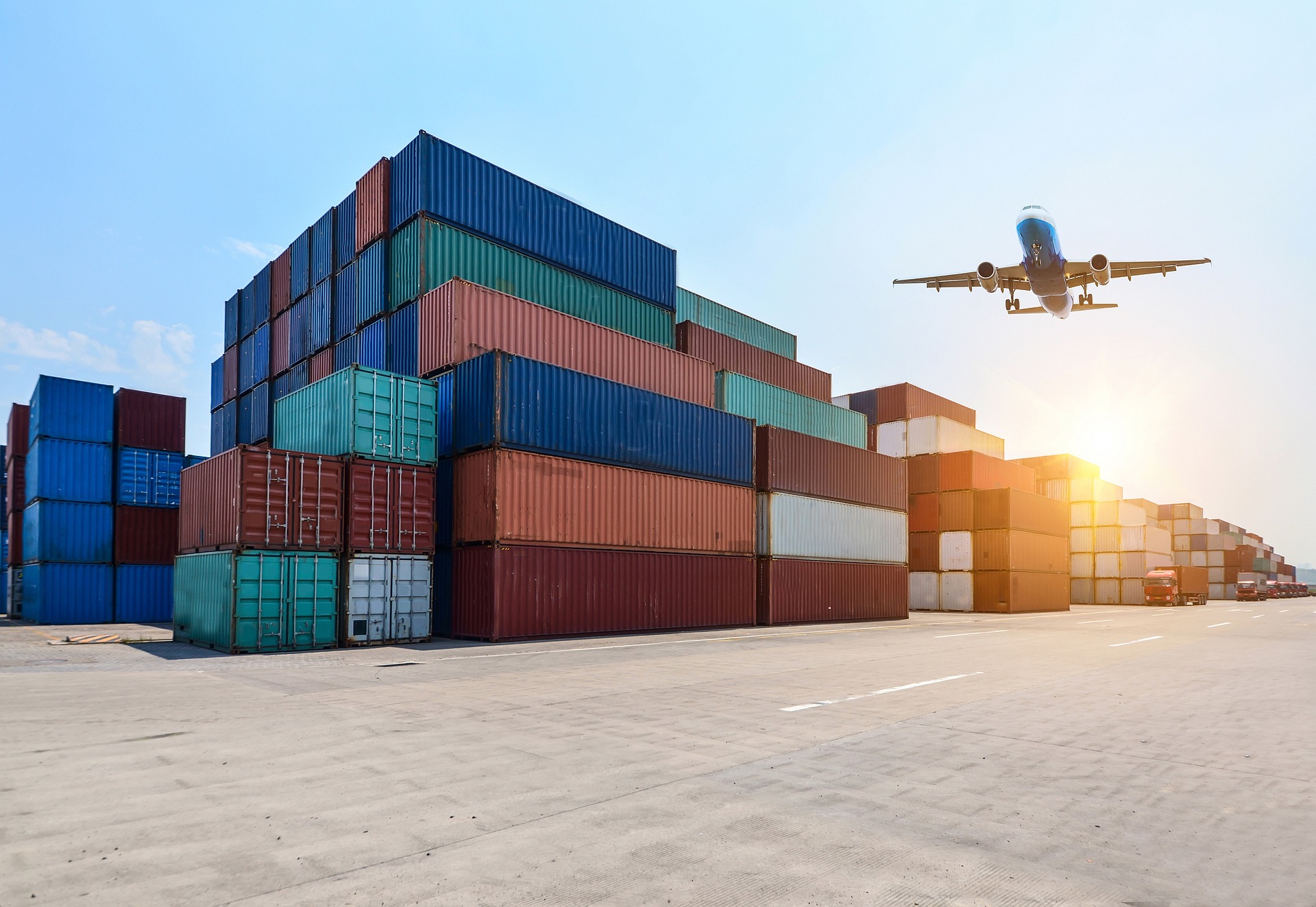The UK’s food exports to the European Union have fallen by more than £3 billion annually since Brexit, according to a new study from the Centre for Inclusive Trade Policy. The report highlights how trade flows between the UK and EU have not recovered to pre-Brexit levels, signaling ongoing challenges in the post-Brexit trade environment.
The analysis, which examines changes in food export trends, reveals a significant drop in the volume of goods being shipped from the UK to the EU. While the UK government and industry bodies have worked to mitigate disruptions following Brexit, the report suggests that many businesses in the food sector continue to face hurdles such as increased bureaucracy, customs checks, and regulatory divergence.
Before Brexit, the UK’s food exports to the EU were valued at more than £7 billion annually. However, in the years following the UK’s departure from the EU, this figure has dwindled by over £3 billion, as supply chains have been disrupted and additional costs have been imposed on exporters. This decline has had widespread effects, especially on sectors such as fresh produce, meat, and dairy, where the EU was a major trading partner.
The Centre for Inclusive Trade Policy’s findings also point to the failure of UK exports to regain the levels seen prior to the Brexit transition. Despite efforts to secure trade deals with other markets globally, the overall impact of Brexit on food exports remains profound, especially as the UK grapples with post-Brexit regulatory complexities and increased friction at borders.
The report raises concerns about the future competitiveness of UK food producers, with smaller businesses hit particularly hard by the increased costs and delays associated with trading with the EU. It also notes that the long-term consequences of Brexit on the food supply chain and the UK economy could be far-reaching, particularly as the UK’s food industry adjusts to the new trading environment.
As the UK continues to navigate its post-Brexit trade landscape, the findings underscore the need for continued government support to address the challenges facing food exporters. There are calls for both the UK and the EU to streamline customs processes and negotiate further regulatory alignment to ease trade tensions and facilitate smoother exchanges of goods across the channel.
In the meantime, businesses in the food sector are adapting to these new realities, but the ongoing decline in exports serves as a stark reminder of the significant economic shift that Brexit has brought to the UK’s trade relations with its nearest neighbor.


